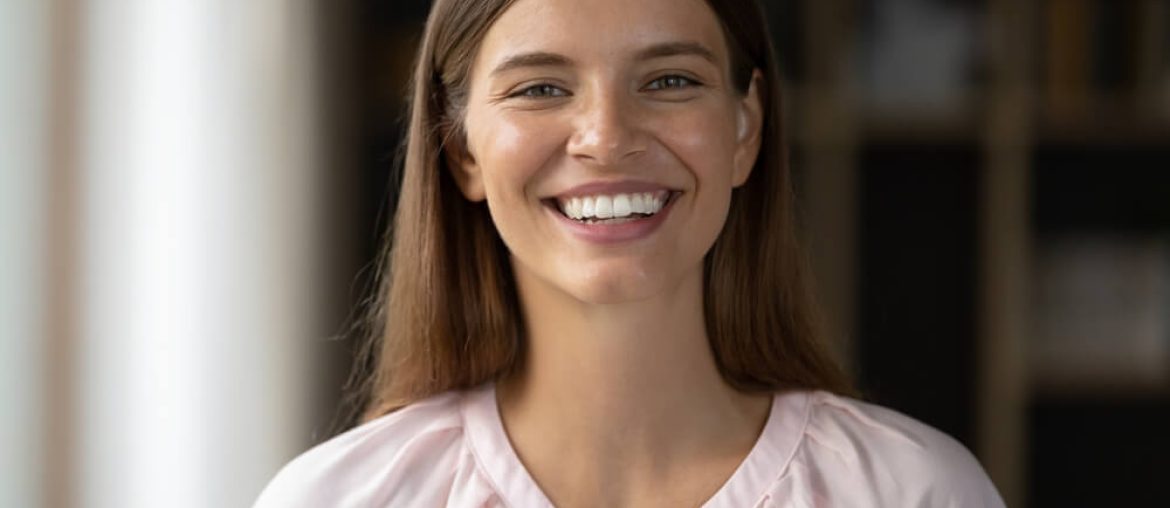What is Puberty?
Puberty is the time when your body changes and becomes more like an adult
When Does Puberty Start?
It is normal for changes to start as early as 8 years old or as late as 13 years old. Puberty starts when your brain sends signals to certain parts of the body to start growing and changing. These signals are called hormones. Hormones are chemicals that control body functions.
What Changes Occur During Puberty?
During puberty, hormones cause the following changes:
- You grow taller and gain weight.
- Your hips may get wider.
- Your breasts grow.
- You grow hair under your arms and around the vulva.
- Your body odor may change.
- You may get acne or pimples.
- You get your first menstrual period (also called menstruation).
What is Menstruation?
Beginning in puberty, every month, your body will prepare for a possible pregnancy. Hormones signal the ovaries to release an egg each month. The egg moves into one of the fallopian tubes. At the same time, the lining of the uterus begins to grow and thicken. If the egg is not fertilized by a man’s sperm, pregnancy does not occur. The lining breaks down and flows out of the body through the vagina. This is called menstruation, the menstrual period, or just your “period.”
How Long Do Menstrual Periods Last?
Periods usually last between 2 days and 7 days. They normally come every 21–45 days. They often are not regular at first. You may miss a period. You may have two periods in 1 month. This is normal. It can take about 6 years after your first period for your body to get on a regular cycle. Keep in mind that if you have had sexual intercourse, a missed period can be a sign that you are pregnant.
How Do Pads and Tampons Work?
Pads attach to the inside of your underwear. They absorb the blood as it leaves the vagina. Tampons are inserted into the vagina. They catch the blood before it leaves the body.
How Often Should I Change My Pad or Tampon?
You should change your pad or tampon at least every 4–8 hours. On the first days of your period, you may need to change it more often because your flow may be heavier.
Do Menstrual Periods Cause Discomfort?
Some girls have cramps (tightness and pain) in the lower abdomen and back at the start of their periods. Some girls get headaches or feel dizzy. Some get diarrhea.
How Can I Ease Cramps?
To help ease cramps, you can try the following:
- Take ibuprofen or naproxen sodium (if you do not have an allergy to aspirin or severe asthma).
- Exercise.
- Place a heating pad on your abdomen or lower back.
What Problems with My Menstrual Period Should I See My Doctor About?
Talk to your doctor or your parents about your period for any of these reasons:
- You are 15 years old and have not had a period.
- Your periods were regular each month and then they stopped being regular.
- Your period comes more often than every 21 days or less often than every 45 days.
- Your periods come 90 days apart (even if that happens only once).
- Your periods last more than 7 days.
- Your periods are so heavy that you have to change pads or tampons often (more than once every 1–2 hours).
- You have bad cramps that keep you from doing your regular activities and they are not helped by pain relievers.
When Should I See an Obstetrician-Gynecologist?
An obstetrician-gynecologist is a doctor who specializes in the health care of women. Girls should have their first gynecologic visit between the ages of 13 years and 15 years. The first visit may be just a talk between you and your doctor. You can find out what to expect at future visits and get information about how to stay healthy. You can ask questions about your body, growing up, and sex.
What is Acne?
Acne is caused by overactive glands in the skin. They make a natural oil called sebum. During puberty, these glands make extra sebum that can clog the pores in your skin.
What Can I Do if I Get Acne?
Wash your face often with water and mild cleanser to help get rid of the extra sebum. This will help reduce pimples and acne. Avoid products that dry or irritate your skin. Do not scrub or pick at your skin. If you have concerns about acne or pimples, some medications can help. Talk to your doctor about your concerns.


















